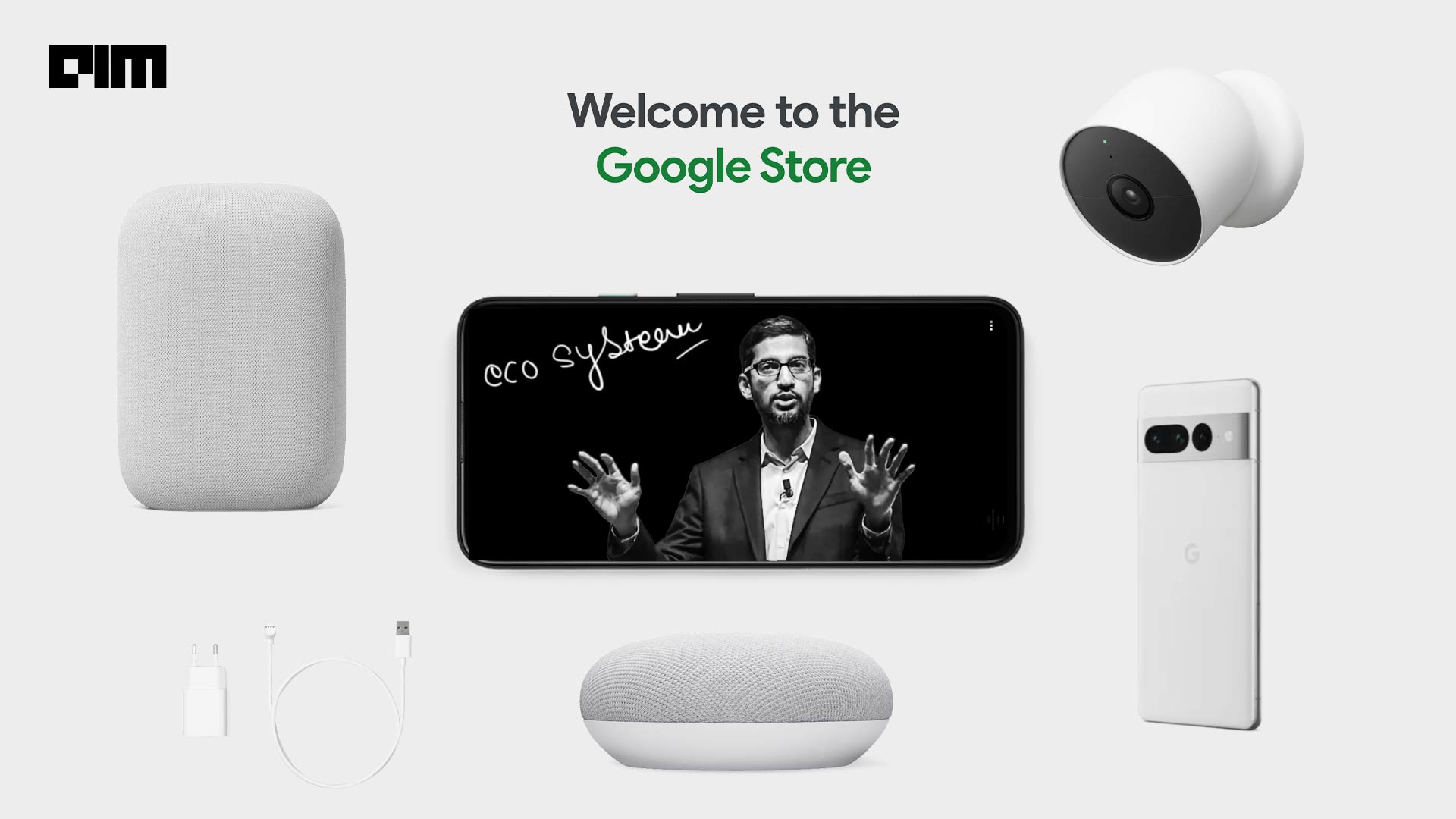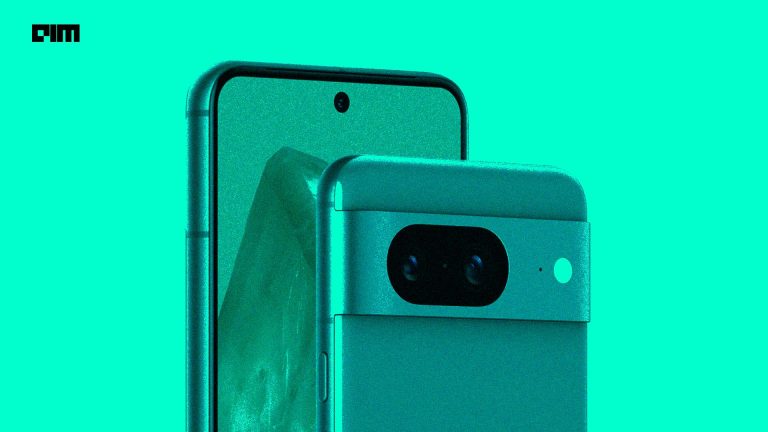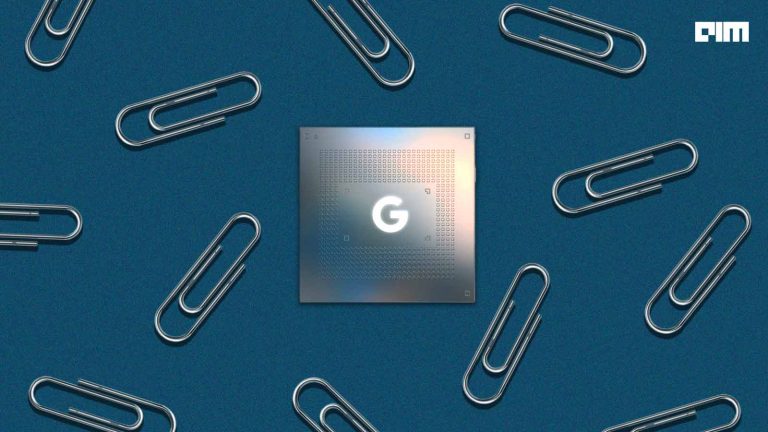|
Listen to this story
|
At the latest in-person Google I/O event, the tech giant announced a plethora of news at lightning speed, including the launch of major Pixel products, signaling that the Pichai-led company is finally building its own ecosystem after nearly a decade of attempts.
Yesterday, a flurry of software and service features, coupled with state-of-the-art hardware, was showcased. This highly anticipated annual event unveiled a trio of Pixel products, spearheaded by the Pixel 7a as the successor to the Pixel 6a. Furthermore, Google ventured into uncharted territory by introducing a dockable tablet and a foldable device.
With an expanding Pixel portfolio, the Google ecosystem has reached newfound heights of capability. Despite the limitations of the Android platform, leveraging its prowess, Google seems determined to deliver an experience that resonates with users on par with Apple’s unmatched standards.
The New Entrants
Since its debut in 2016, Pixel phones have evolved immensely. As a smartphone original equipment manufacturer (OEM), Google had a rough start. With a focus on integrating hardware and software seamlessly the latest developments suggest that the tech titan is now committed to building its own robust ecosystem.
While previous versions of Pixel phones may not have been universally praised, the recently unveiled Pixel 7a has departed from the status quo. It boasts significant enhancements both internally and externally; with upgraded camera hardware, Google’s proprietary processor, and a boxy design. Notably, the tech giant seems determined to retain the signature camera bar for the brand.
The Pixel Tablet disrupts the landscape of smart screens by breaking in two. Composed of an Android slate and a magnetic dock unit equipped with its own built-in speakers, this design is clever. Amazon had previously explored a similar concept with its Fire tablets, but Google’s showcase is more aesthetic. Capitalizing on the feature, Google bundled the two components together at $499 (INR 40,970). Positioned as more than just a tablet, this device assumes the roles of a smart home controller/hub, a teleconferencing solution, and a video streaming machine. While it may not replace one’s television experience entirely, the Tablet is suitable for YouTube content and more.
Furthermore, the search giant also unveiled the Pixel Fold, its first foldable phone, which will launch this summer at a whopping $1,799 (INR 1,47,500). Currently, South Korean-based Samsung rules the foldable phone domain, with a 62% market share during the first half of 2022, as per Counterpoint Research. Notably, Samsung is also the most sought-after brand for foldable phones. While the Pixel Fold seems promising, its high price point can act as an obstacle for an average consumer.
Got To Get Serious
The Pixel series hopefully remains more consistent henceforth which will help make things more interconnected and seamless for the tech giant.
However, releasing many new products in a rush, could lead to problems. We know that the Pixel ecosystem won’t be nearly as exclusive and restrictive as the Apple ecosystem; quite the opposite but a gradual and rigorous attempt from Google’s side is visible.
For the Mountain View-based company, this is a prime opportunity to finally put to bed the claims about the hardware not being the company’s cup of tea. Anshel Sag, a senior analyst at Moor Insights & Strategy, emphasized that if Google doesn’t give up, it will be good for the company, however, “Google can only subsidize its hardware business for so long and will have to eventually chase profitability.”
While Google’s Pixel line promises an ecosystem, the company’s reputation for taking U-turns remains unmatched and remains a challenge for potential investors. The inaugural Pixel device, in 2016, left a lasting impression and Google is gradually resolving its shortcomings. While Google’s recent moves can establish the firm as a serious player in the hardware market, it will take time to overcome the uncertainties.
















































































